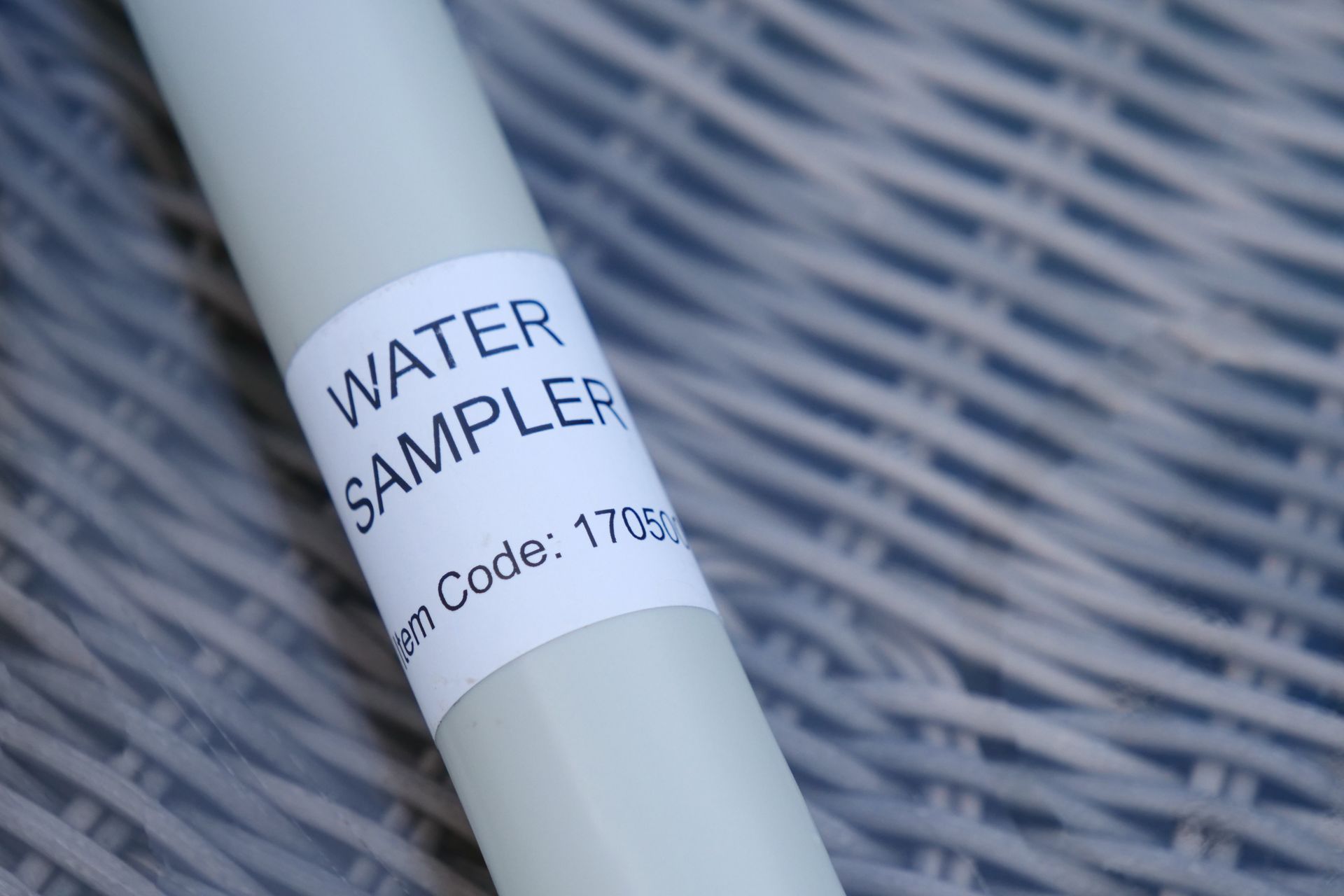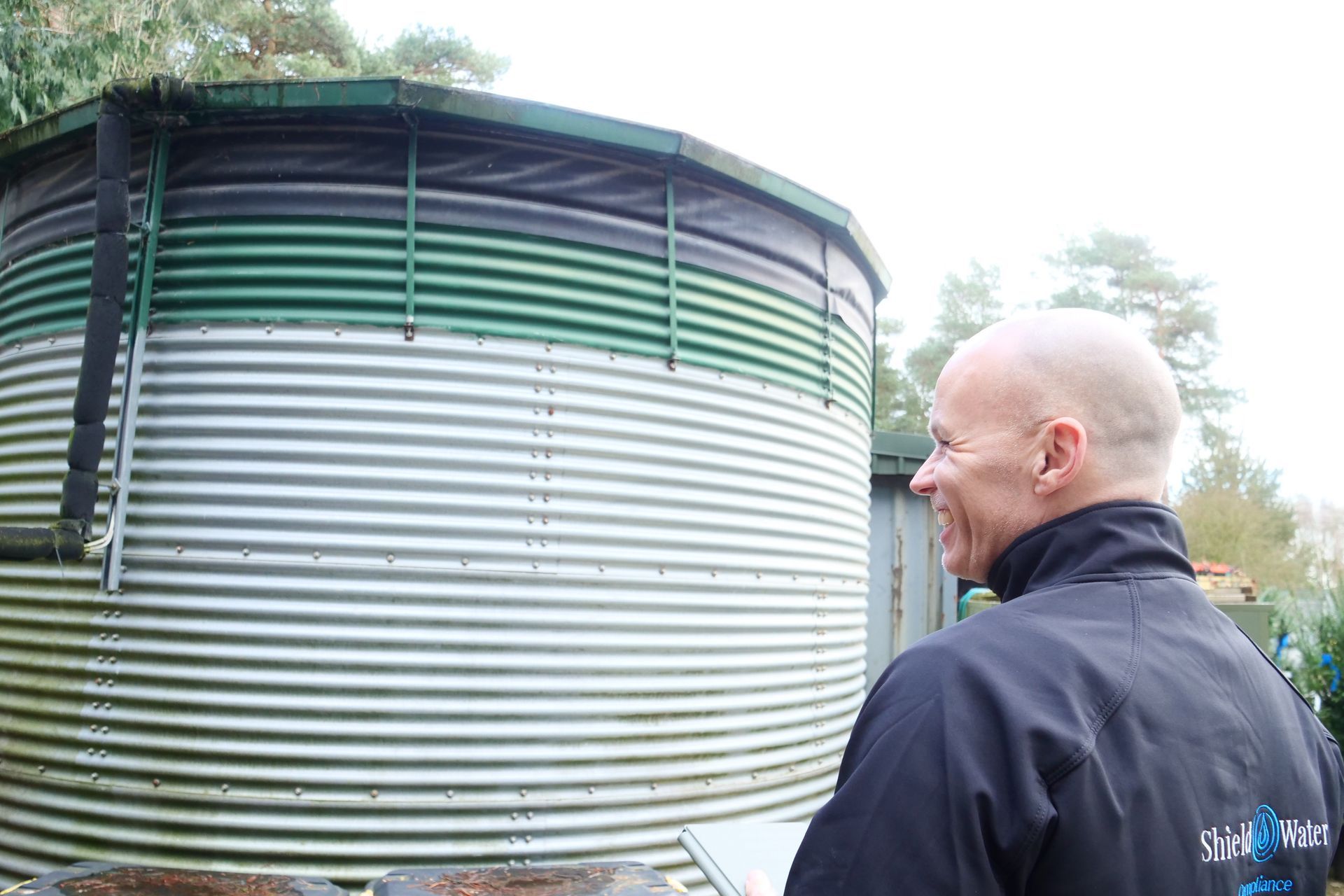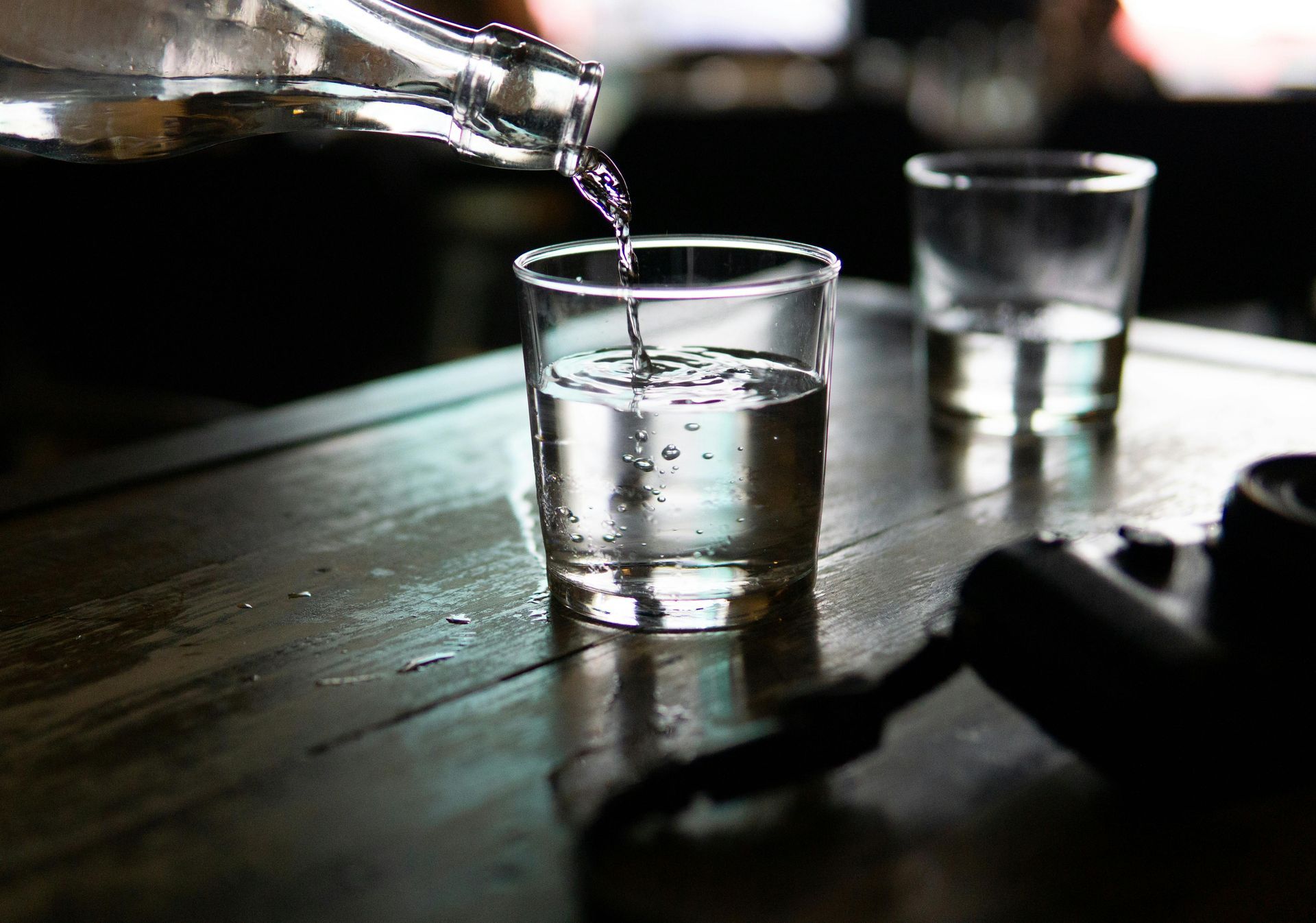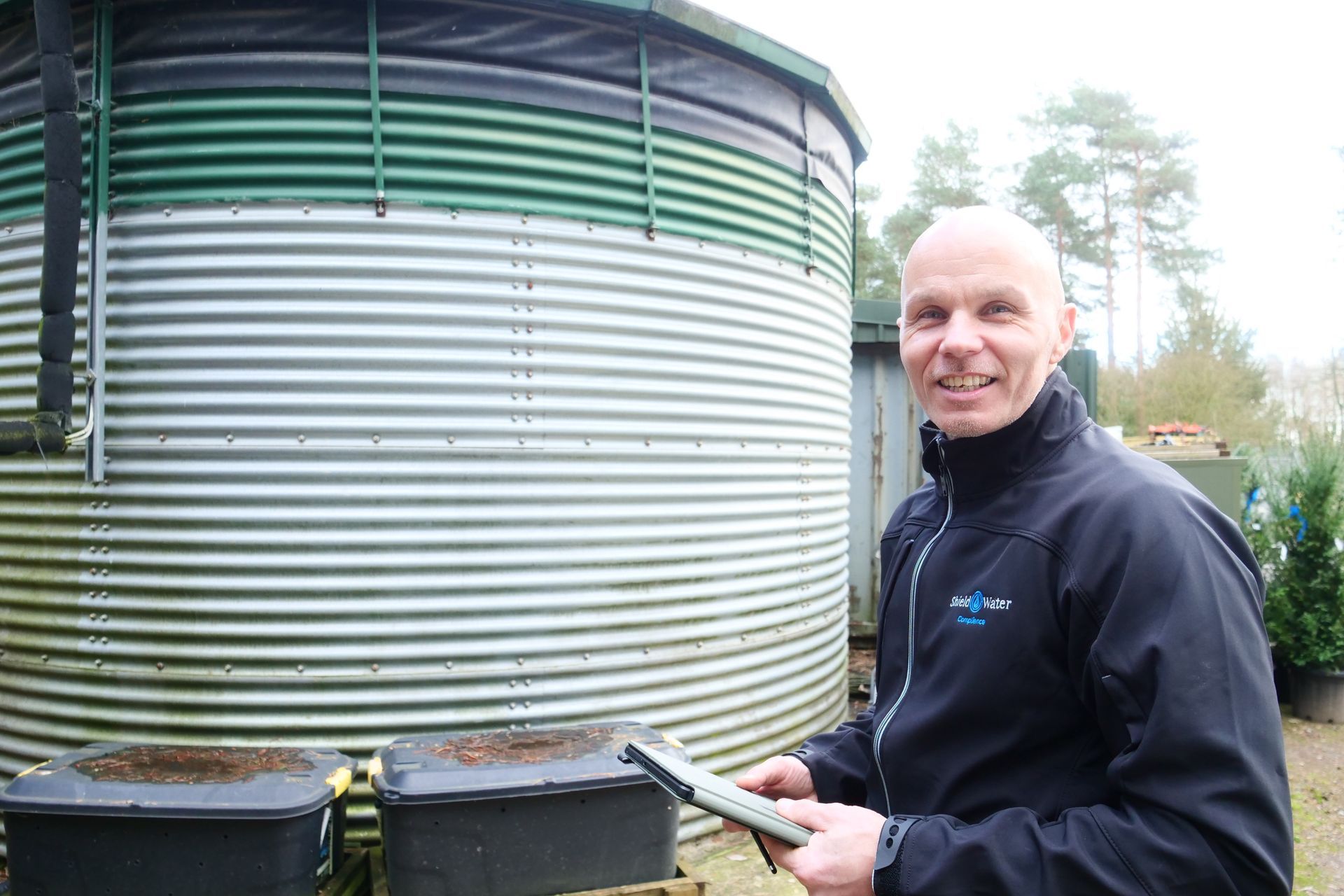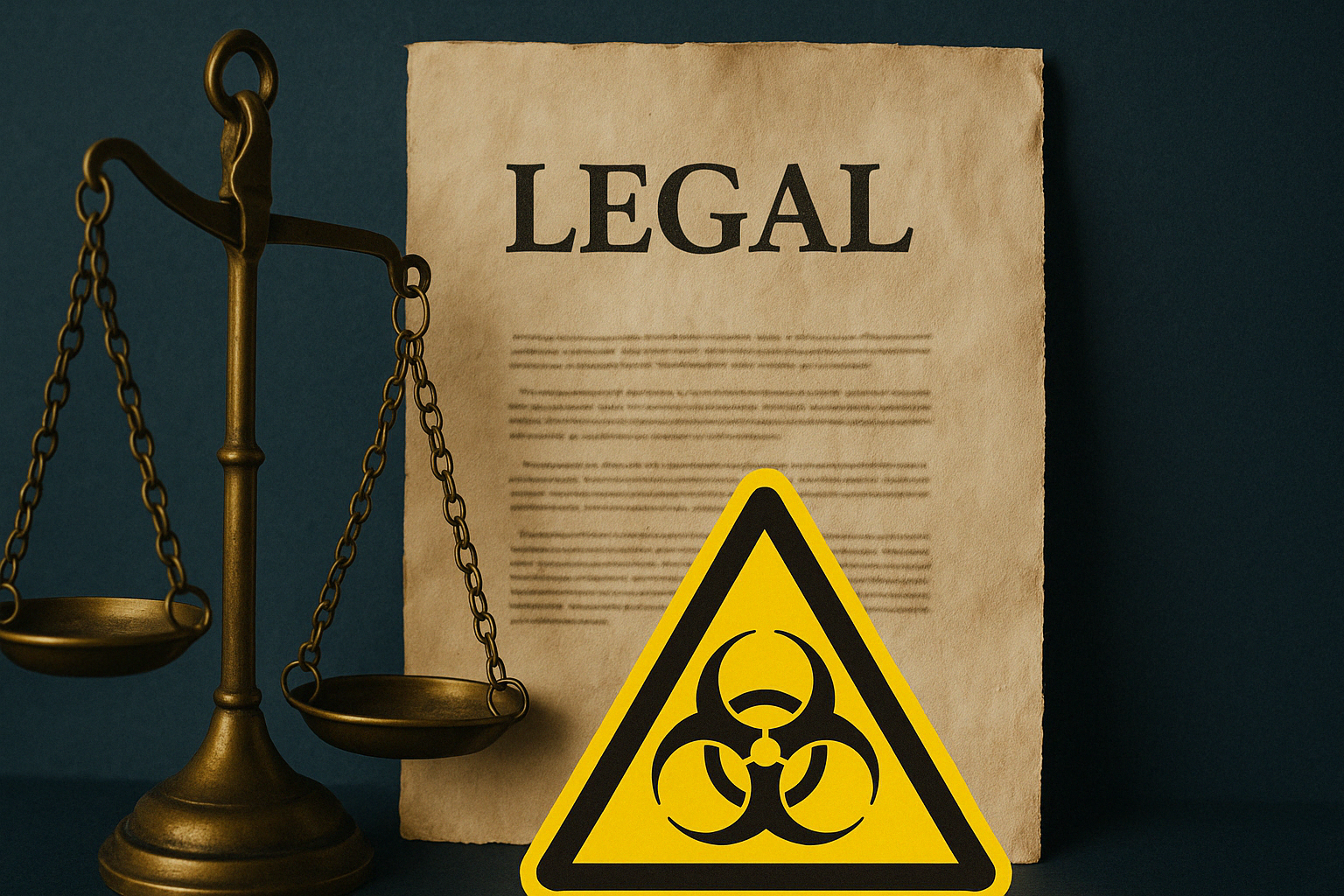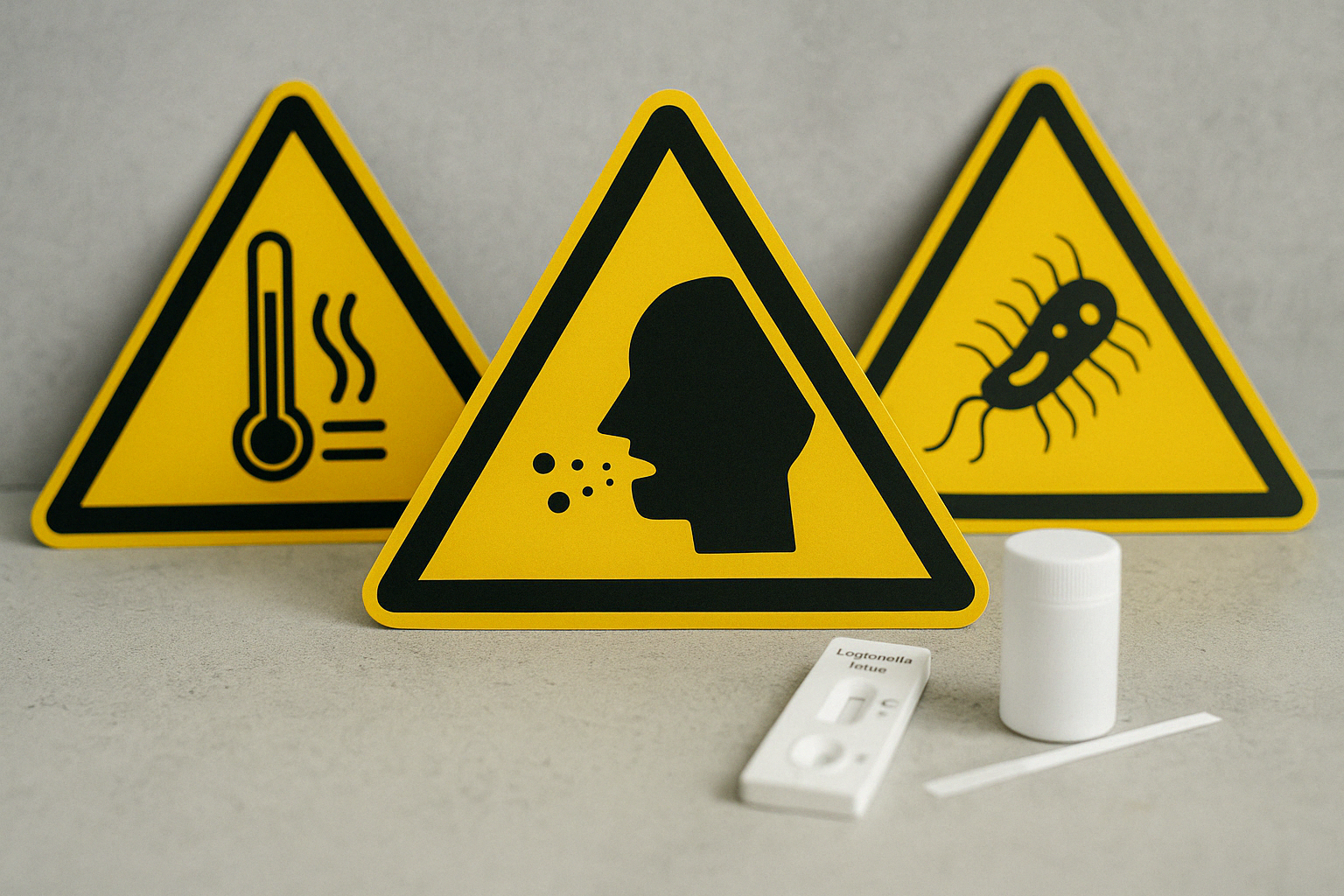Why Water Safety Matters and How to Protect Your Business
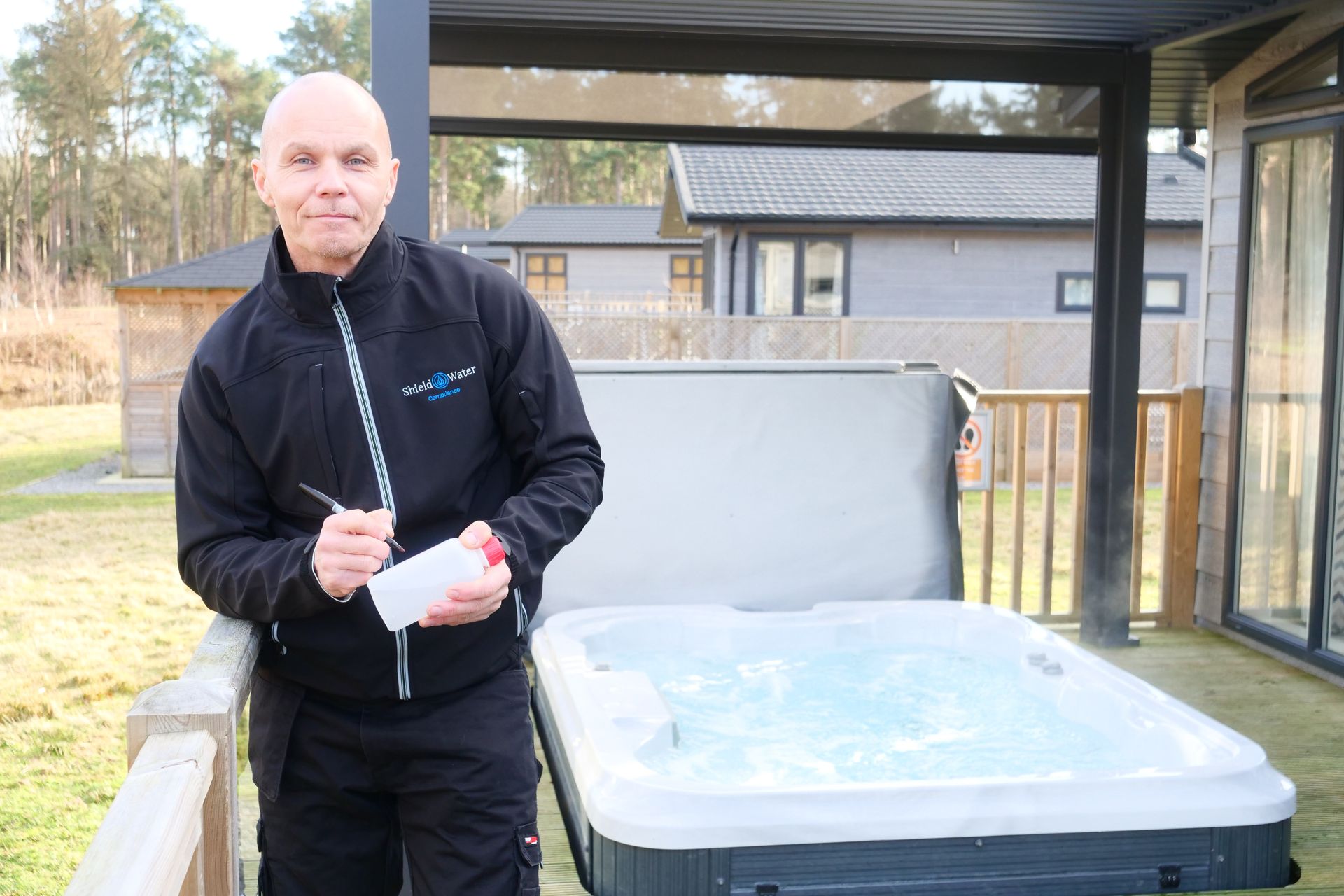
Ever wondered what's lurking in your water system?
Most business owners don't think about their water until something goes wrong. By then, it's often too late.
Water safety isn't just another box to tick. It's about protecting your people, your reputation, and your bottom line.
The Hidden Dangers in Your Water Systems
Water systems seem simple enough. Pipes, tanks, taps – what could go wrong?
A lot, actually.
Your building's water systems can harbour dangerous bacteria like Legionella, which causes Legionnaires' disease – a potentially fatal form of pneumonia.
And it's more common than you think.
Every year, businesses face hefty fines, legal action, and devastating reputational damage because they didn't take water safety seriously.
The truth?
Most of these incidents could have been prevented with proper water safety management.
Understanding Your Legal Responsibilities
As a business owner or property manager in the UK, you have specific legal obligations regarding water safety.
The Health and Safety at Work Act 1974 makes it clear: you must ensure the health and safety of everyone affected by your business activities – including water safety.
The Control of Substances Hazardous to Health Regulations (COSHH) specifically requires you to assess and control risks from biological agents like Legionella bacteria.
What does this mean in practice?
You must:
- Identify and assess water safety risks
- Implement control measures
- Monitor those measures
- Keep records
- Appoint competent people to help you manage the risks
Failure to comply isn't just dangerous – it's illegal. And the penalties can be severe.
Where Water Safety Risks Hide in Your Business
Water safety risks can lurk in places you might not expect:
- Hot and cold water systems – Especially where water is stored or recirculated.
- Cooling towers and evaporative condensers – These can spread contaminated water droplets over wide areas.
- Spa pools and hot tubs – The warm, aerated water creates perfect conditions for bacteria to thrive.
- Decorative fountains and water features – Often overlooked but potentially dangerous.
- Unused or rarely used outlets – Stagnant water is a breeding ground for bacteria.
The biggest risk? Water systems that create and disperse tiny water droplets that can be inhaled.
The Real Cost of Water Safety Failures
The financial impact of water safety failures can be enormous:
- Fines reaching hundreds of thousands of pounds
- Legal costs and compensation claims
- Business interruption and lost revenue
- Remediation costs
- Increased insurance premiums
- Reputational damage that can last for years
But the human cost is even greater.
Legionnaires' disease has a mortality rate of about 3.1% in the general population – and much higher in vulnerable groups.
Is that a risk worth taking?
Five Essential Steps to Protect Your Business
Here's how to take control of water safety in your business:
1. Conduct a Thorough Risk Assessment
Start with a comprehensive water safety risk assessment. This isn't just paperwork – it's the foundation of your entire water safety strategy.
A proper assessment will identify:
- All water systems in your premises
- Potential risk areas
- Who might be harmed and how
- Existing control measures
- What additional controls are needed
Remember, the law doesn't necessarily require you to eliminate all risk – but you must reduce it as far as reasonably practicable.
2. Implement Effective Control Measures
Based on your risk assessment, put appropriate control measures in place:
- Temperature control – Keep hot water hot (above 50°C) and cold water cold (below 20°C) to prevent bacteria growth.
- Regular use of outlets – Flush rarely used taps and showers at least weekly.
- Clean and disinfect – Regularly clean and disinfect water tanks, shower heads, and other risk areas.
- Water treatment – Consider appropriate water treatment methods for your systems.
- System design – Ensure your water systems are designed to minimise risk, with no dead legs or areas of stagnation.
3. Monitor and Maintain Your Systems
Control measures are only effective if they're properly maintained:
- Carry out regular temperature checks
- Inspect water storage tanks
- Clean and descale shower heads and taps
- Keep comprehensive records of all monitoring activities
4. Train Your Staff
Everyone has a role to play in water safety:
- Ensure staff understand the risks
- Train them to spot potential problems
- Make sure they know what to do if they identify issues
- Create a culture where water safety is taken seriously
5. Work with Qualified Professionals
Water safety is complex. Working with qualified professionals ensures you get it right:
- Use accredited companies for risk assessments
- Ensure maintenance is carried out by competent people
- Consider appointing a responsible person to oversee water safety
- Stay up to date with changing regulations and best practices
Why Shield Water Compliance Should Be Your Partner
With 19 years of industry experience, Shield Water Compliance understands the challenges businesses face with water safety.
We provide comprehensive water safety services without binding contracts – because we believe in earning your trust through expertise and results, not paperwork.
Our services include:
- Expert Legionella risk assessments
- Water system testing and monitoring
- Tank cleaning and disinfection
- Swimming pool and spa management
- Staff training programmes
- Rapid reporting and documentation
We work with businesses across Yorkshire to ensure their water systems are safe, compliant, and efficiently managed.
Take Action Today
Water safety isn't something you can afford to ignore.
The risks are real, but with the right approach, they can be effectively managed.
Start by reviewing your current water safety measures.
- Are they comprehensive?
- Up to date?
- Properly documented?
If you're not 100% confident in your answers, it's time to take action.
Contact Shield Water Compliance today for a no-obligation discussion about your water safety needs.
Because when it comes to protecting your business, your reputation, and the people who matter most – prevention is always better than cure.
Remember: Water safety isn't just about compliance – it's about care. Show your staff, customers, and visitors that their wellbeing matters by taking water safety seriously.
Information in this article about UK water regulations and legal responsibilities is sourced from the Health and Safety Executive (HSE).
Information about water compliance considerations for businesses sourced from Total Water Solutions.
Information about UK legionella regulations and business responsibilities sourced from Legionella Control.

